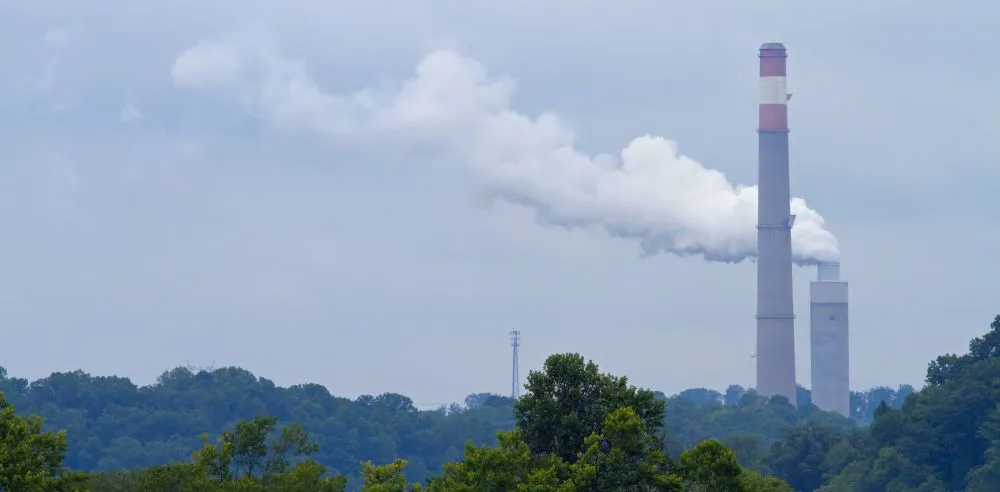Vietnam to pilot carbon trading floor in June
The domestic carbon trading floor is set to officially launch in 2029.
Vietnam will launch a pilot carbon trading floor from June 2025, according to a newly approved plan to develop a carbon market in Vietnam signed by Deputy Prime Minister Tran Hong Ha.
Under the plan, the domestic carbon trading floor will be officially launched in 2029.
| The domestic carbon trading floor is set to officially get underway in 2029. Photo: VGP |
As part of the plan, Vietnam will refine the legal regulations and infrastructure for the carbon market, while increasing the capacity of regulatory bodies and the awareness of businesses and individuals to meet new requirements.
The move aims to contribute to greenhouse gas emission reduction commitments under the Nationally Determined Contributions at a low cost to businesses and society. In addition, the promotion of green transitions and low-emission technologies will enhance business competitiveness, advance a low-carbon economy, and address climate change, with the goal of net-zero emissions by 2050.
Under the plan, greenhouse gas emission allowances and carbon credits will be traded on the domestic carbon exchange, with the Hanoi Stock Exchange developing and providing carbon trading services, while the Vietnam Securities Depository will manage custody and transaction settlement.
The Ministry of Finance, the Ministry of Natural Resources and Environment, and other key agencies will be given specific responsibilities for managing the carbon market, as outlined in legal documents.
The Ministry of Natural Resources and Environment will lead coordination with the ministries of Finance, Agriculture, Construction, Industry and Trade, Transport, and other relevant agencies to ensure controlled development, prevent resource loss, and maintain national security and social order.
The plan outlines five sets of tasks and solutions for putting the carbon market in place, including carbon market commodities, market participants, national registry system and trading platform, market organization and operation, and awareness and capacity building.













